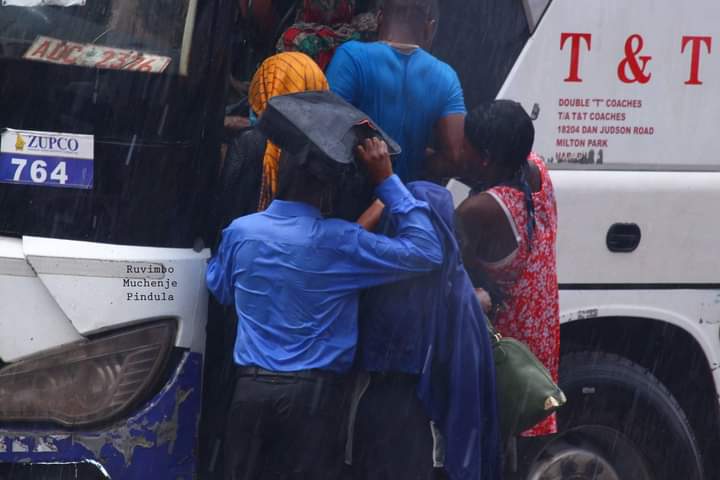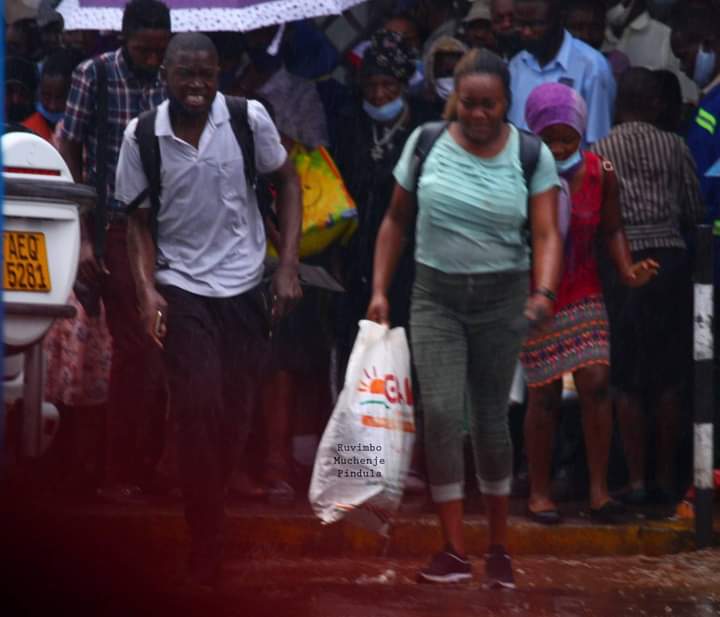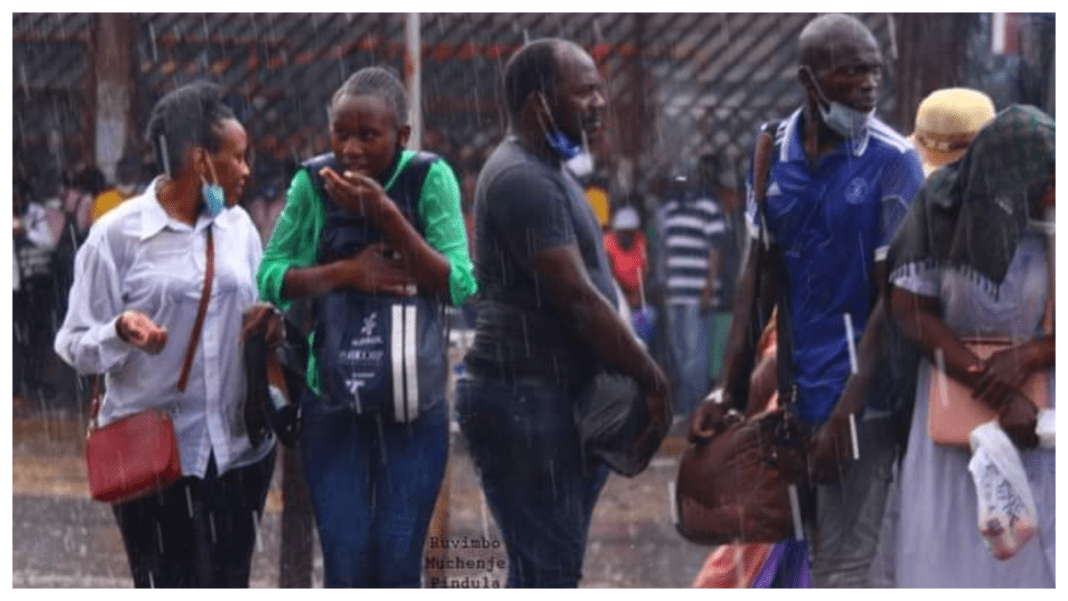ZIMBABWE. Harare: Political analysts have advised the government to liberalize the private transport sector to alleviate the spread of COVID-19 in the country. The government banned the operations of private transport amid COVID-19 and replaced them with Zimbabwe United Passenger Company (ZUPCO) kombis and buses. However, these transportations are failing to be consistent with their services. Due to this, the citizens are now gathering at public places to access the ZUPCO services. The services provided by this company are usually available from 6-11 am and 3-7 pm in most suburbs.
Read Also: Teachers Refuse To Invigilate Public Examinations
Absence of alternative transportation
In an interview with Transcontinental Times, political analyst Admire Mare said that the banning of commuter omnibuses has created a serious crisis since there is no alternative transport.

Mare further added, “Instead of centralizing the public transport sector in the hands of state-owned enterprise, it’s important to liberalize the sector, but insist on roadworthy measures and ensure customer service is prioritized by the private sector.” He added, “The current situation where Zupco buses are the sole mode of public transport is untenable because the company has no capacity to service all routes in urban and rural areas.”
Failure to abide by social distancing regulations
According to Mare, the overcrowding situation has been a big issue as it has defeated the purpose of social distancing in the COVID-19 responses. Most suburbs in Harare have one or two buses. Less than five commuters are able to take people to their respective destinations. The alternative transports that can be used are trucks and private commuter omnibuses. However, these transportation are not allowed to ferry the people.
Despite the spread of COVID-19, passengers are enduring the agony of rains and opting for public transportations.

Need to authorize private sector operations
Another analyst, Rashweat Mukundu said that there was no doubt about the public transport sector crisis contributing to the increase of COVID-19 cases in the country.
Mukundu said, “As we have noted in the past week we have seen a considerable increase in the rate of infection not only amongst citizens moving to do business but also school-going children. There is a need to bring in the private sector to augment government efforts so that it does not become a state-driven process but a national process in which the private sector and broader society participate. But, we know that it’s not possible everywhere in the world to operate without the private sector,” he said.
He further added, “There are times in which public transport will be going for service and left people with no option than to hike any form of transport as long as it reaches their destination. Some people end up walking to their homes as they may have no enough money to pay for other modes of transport as the prices are higher than that of public transport in times when ZUPCOs have gone for fuel.”
Private transport charges vary from RTGS$30-50 for traveling to local places. While Zupco buses and commuter omnibuses respectively charge RTGS$16 and $32 locally.



